Mobile fingerprinting to rollout by next year?
And the National Policing Improvement Agency would like to add as many databases to the system as possible.
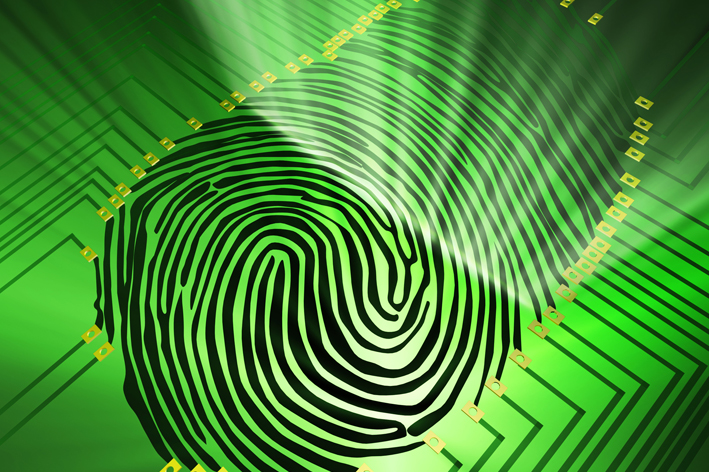

Mobile fingerprinting scanning technology could be on police officers' belts by next year and they may use the devices to compare prints against a variety of databases.
Speaking at a Mobile Policing conference in London yesterday, Peter Goodman, assistant chief constable for Derbyshire Constabulary and the head of the trials at the National Policing Improvement Agency, said the next generation of the mobile identification system could be rolled out to officers by autumn of next year or early 2010.
At the moment, the mobile fingerprinting trial dubbed Mobile Identity at Scene or MIDAS lets officers scan a finger and check the print against existing databases of anyone who has been charged with a crime. Goodman said: "We'll get the UK Borders Agency database on there."
That database contains fingerprints of anyone coming to the country to work or study, as anyone applying for a visa is now fingerprinted and must apply for a biometric ID card.
While including that database is merely under discussion at the moment, Goodman said NPIA is "openly thinking about adding as many as you can there's a number of other databases we would like access to, but we do realise there are some human rights issues with that."
The first round of the trial started this summer, and was recently extended to another nine forces and 130 units after police officers "clamoured" for the devices.
"They wanted to have a piece of the cake as well," said Goodman.
Get the ITPro daily newsletter
Sign up today and you will receive a free copy of our Future Focus 2025 report - the leading guidance on AI, cybersecurity and other IT challenges as per 700+ senior executives
Indeed, some units have been loathed to give them up after trials end, saying it's "part of their regular kit now, and they feel naked without it," Goodman said.
The demand for the fingerprinting technology is huge despite the high cost, Goodman noted, saying the devices are being bought at a considerable expense. "They're at the top end of the range, and expensive devices to buy," he said.
But the next generation devices will be much cheaper he said, because IT firms have been so enthusaistic in their support and their bids to supply the next versions. "The interest from industry has been absolutely huge," Goodman explained. "We hope as a consequence of that we'll get optimal value this will be very, very affordable."
The devices must be used in cars at the moment, simply because they're too big to carry around. Goodman said he would like to see a portable version developed so all officers on the beat could carry one. "We'd like to get one onto every officer's belt."
The first trials earlier this summer helped British Transport Police save time on identification 82 per cent of the time by an average of 35 minutes. The technology has also been used to identify injured people and bodies, Goodman said.
"An application we hadn't realised is the real benefits for body identification," he explained, adding the technology could be used to name victims of disasters in the UK and overseas.
Freelance journalist Nicole Kobie first started writing for ITPro in 2007, with bylines in New Scientist, Wired, PC Pro and many more.
Nicole the author of a book about the history of technology, The Long History of the Future.
-
 Should AI PCs be part of your next hardware refresh?
Should AI PCs be part of your next hardware refresh?AI PCs are fast becoming a business staple and a surefire way to future-proof your business
By Bobby Hellard Published
-
 Westcon-Comstor and Vectra AI launch brace of new channel initiatives
Westcon-Comstor and Vectra AI launch brace of new channel initiativesNews Westcon-Comstor and Vectra AI have announced the launch of two new channel growth initiatives focused on the managed security service provider (MSSP) space and AWS Marketplace.
By Daniel Todd Published
-
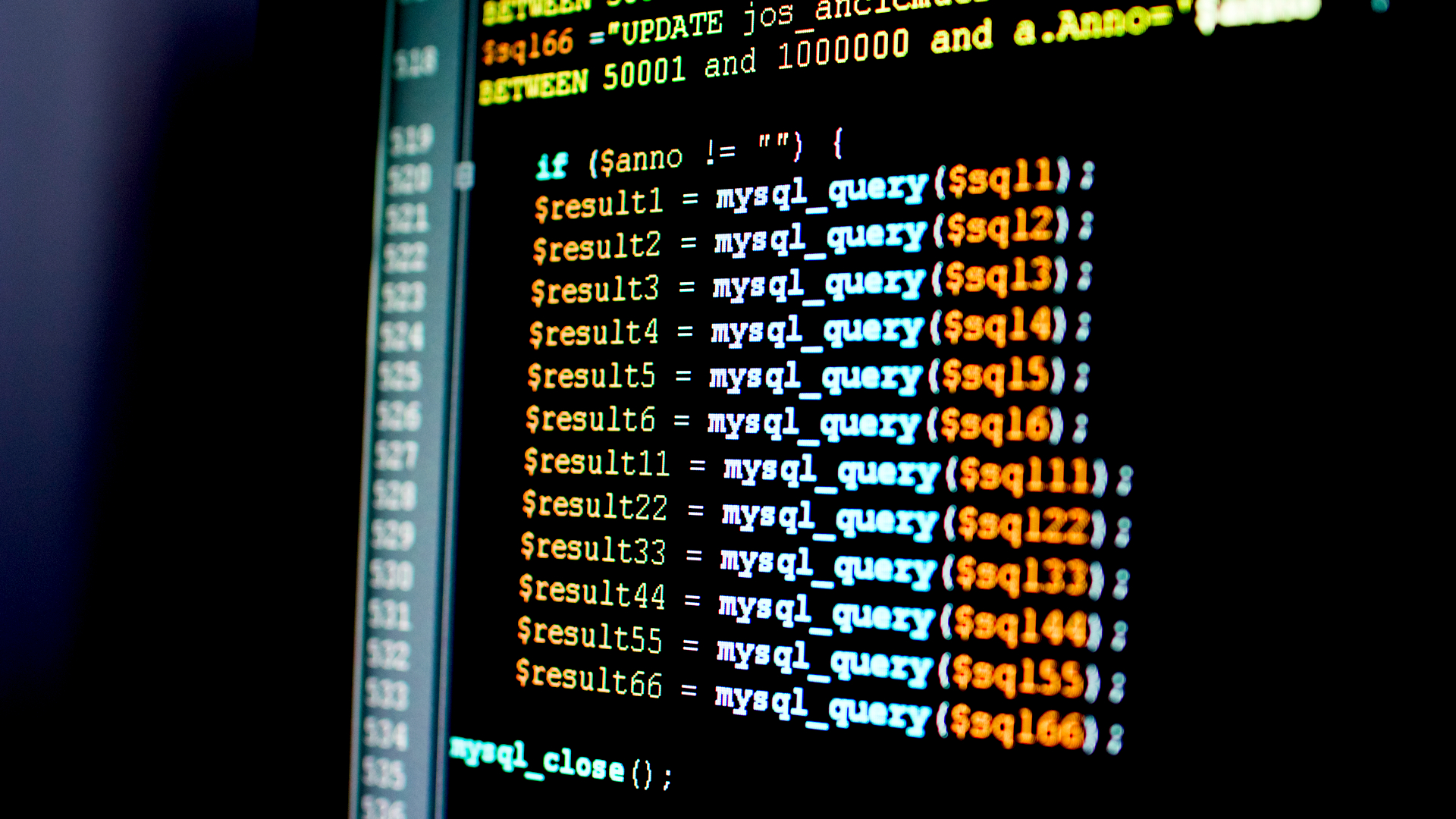 Datadog Database Monitoring extends to SQL Server and Azure database platforms
Datadog Database Monitoring extends to SQL Server and Azure database platformsNews The tool offers increased visibility into query-level metrics and detailed explanation plans
By Praharsha Anand Published
-
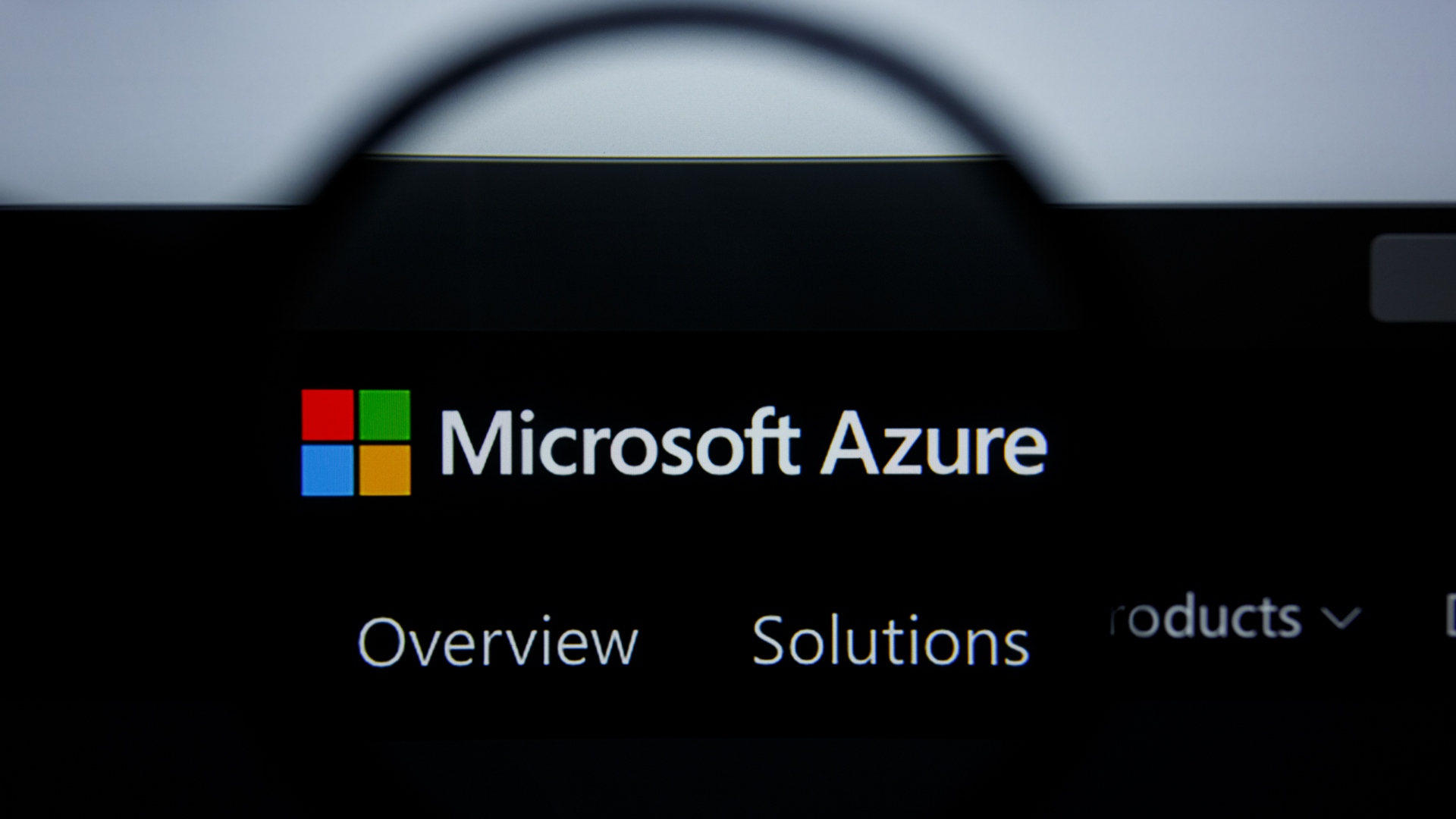 Oracle and Microsoft announce Oracle Database Service for Azure
Oracle and Microsoft announce Oracle Database Service for AzureNews Azure users can now easily provision, access, and monitor enterprise-grade Oracle Database services in Oracle Cloud Infrastructure
By Daniel Todd Published
-
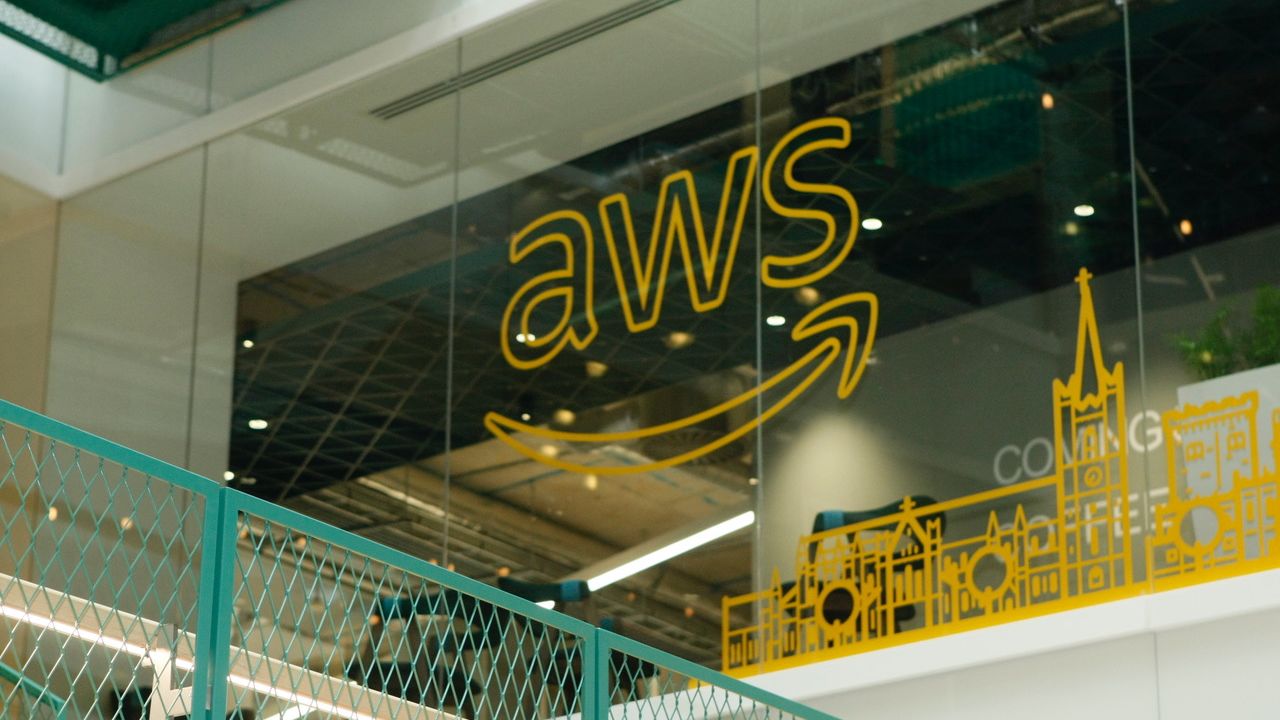 Elastic expands cloud collaboration with AWS
Elastic expands cloud collaboration with AWSNews Partnership aims to ease migration to Elastic Cloud on AWS, as well as simplify onboarding and drive go-to-market initiatives
By Daniel Todd Published
-
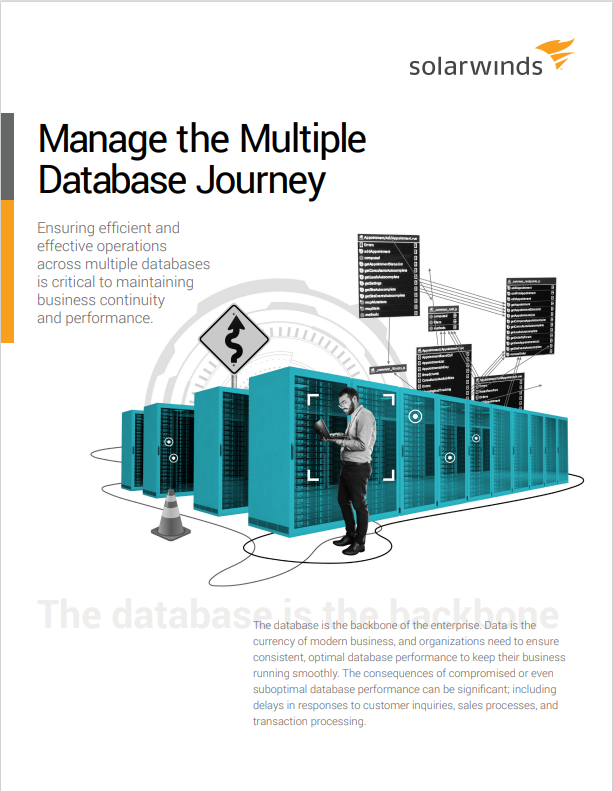 Manage the multiple database journey
Manage the multiple database journeyWhitepaper Ensuring efficient and effective operations across multiple databases
By ITPro Published
-
 Automating the modern data warehouse
Automating the modern data warehouseWhitepaper Freedom from constraints on your data
By ITPro Published
-
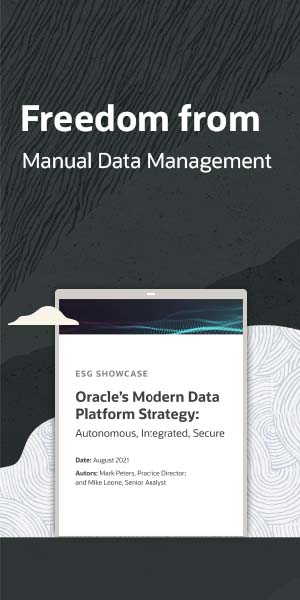 Freedom from manual data management
Freedom from manual data managementWhitepaper Build a data-driven future with Oracle
By ITPro Published
-
 Oracle’s modern data platform strategy
Oracle’s modern data platform strategyWhitepaper Freedom from manual data management
By ITPro Published
-
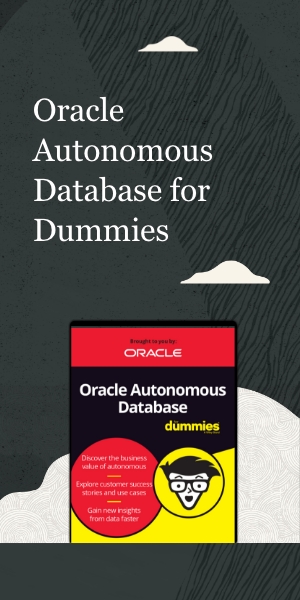 Oracle autonomous database for dummies
Oracle autonomous database for dummiesWhitepaper Freedom from mundane, manual database management
By ITPro Published